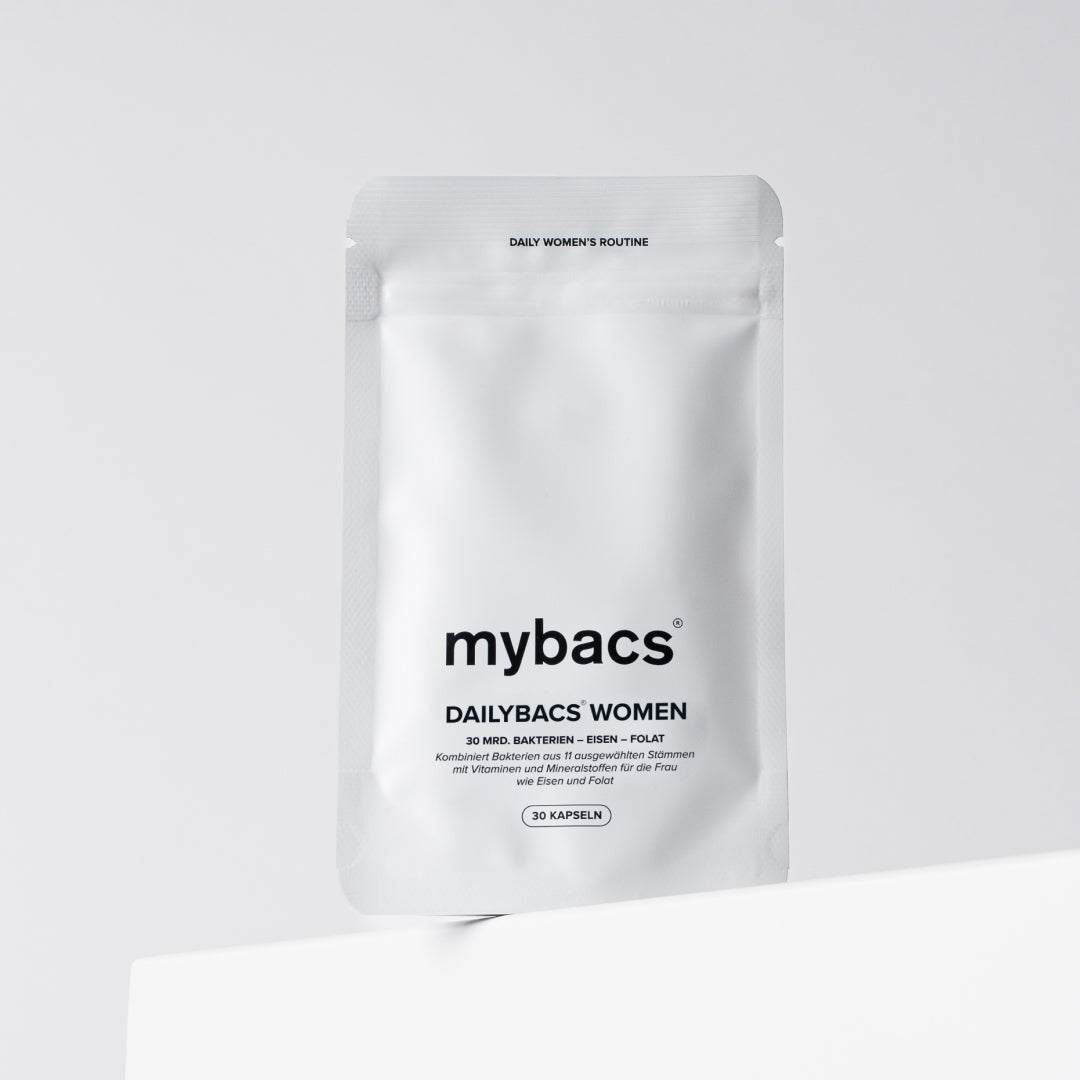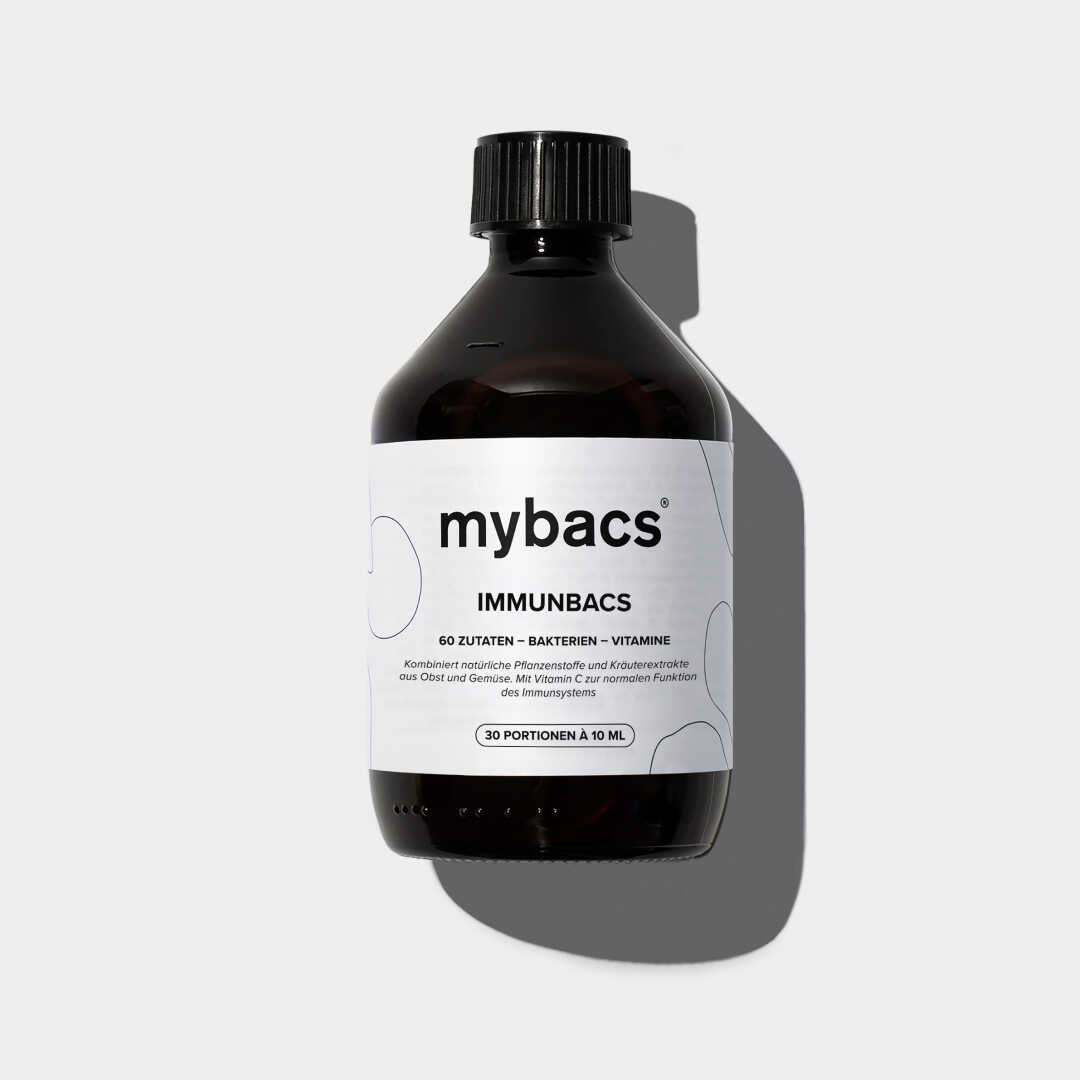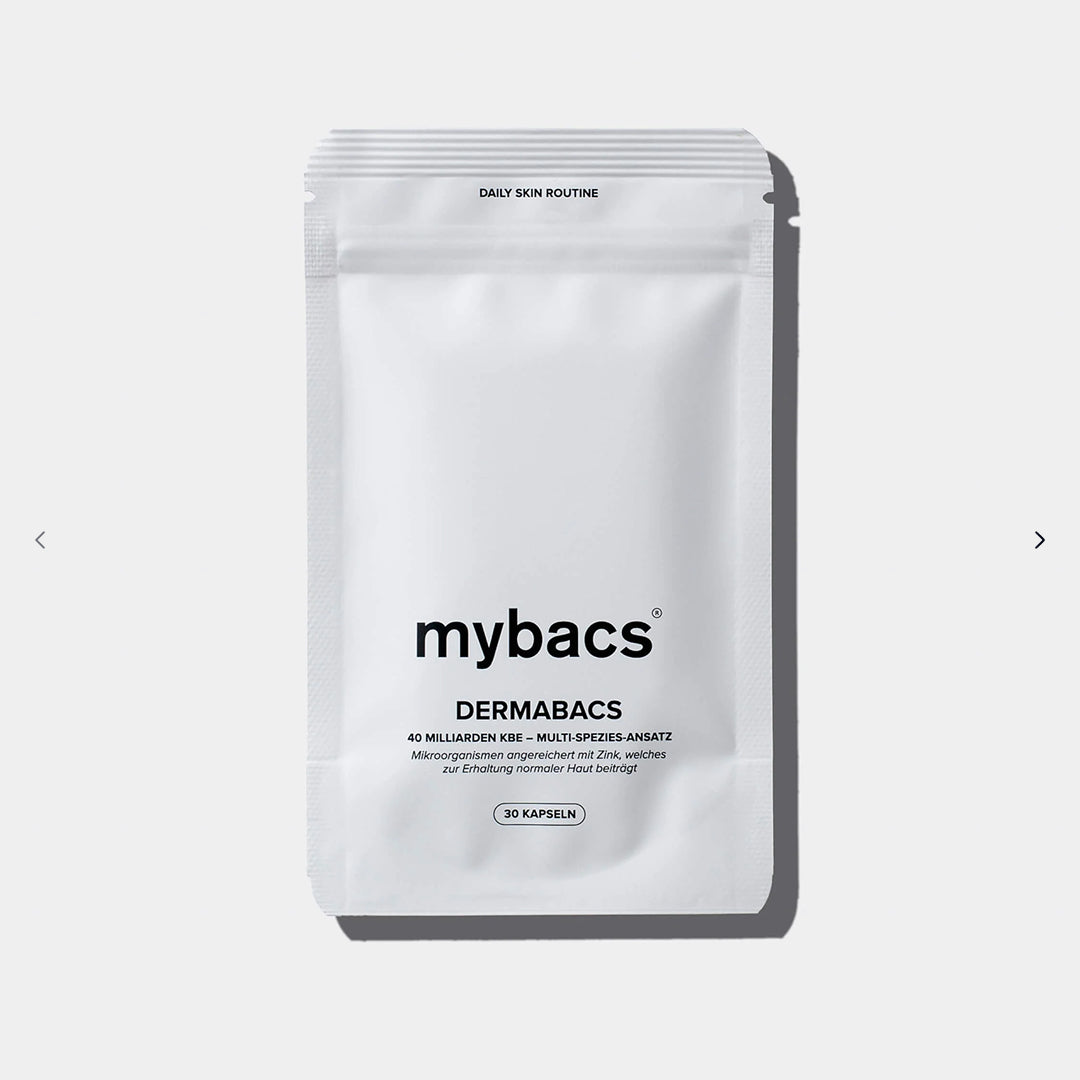Believe it or not, digestive diseases are among the most common health problems people face today. Unfortunately, this issue is often not given enough public attention, or problems with it are kept quiet as a taboo subject. But the statistics associated with digestive diseases clearly show that it's important to talk about it, because those affected are definitely not alone:
- 60-70 million Americans suffer from chronic digestive disorders.
- 2-27% of the population suffer from chronic constipation (depending on gender, age and diet).
- 15% of the population suffers from irritable bowel syndrome.
- More than 40% of people worldwide have a functional gastrointestinal disorder (also called disorders of gut-brain interaction)*.
- Digestive diseases account for 25% of all surgical procedures.
What are digestive diseases anyway?
Basically, all organs that are responsible for the intake, crushing, transport and ultimately digestion of food belong to the Medicine distinguishes between two different areas: the upper digestive tract, which consists of the oral cavity, including the teeth, the pharynx, the esophagus, and the stomach, and the lower digestive tract, which consists of the large and small intestines, the pancreas, the liver, and the gallbladder. It's not easy to summarize all the different clinical pictures and diseases in general in this short blog post, so today we'll focus on the most common intestinal diseases, the so-called IBD (inflammatory bowel diseases), Crohn's disease, and ulcerative colitis.
Crohn's disease
Crohn's disease can affect the entire digestive tract—that is, the entire area from the mouth to the anus. However, Crohn's disease usually occurs in the final sections of the small intestine. The special feature of this disease is that healthy and unhealthy parts of the intestine alternate, rather than one area being consistently affected. You can imagine it as a "patchwork" of affected and intact sections of the intestine. If someone suffers from this disease, it means that all layers of the intestine are affected in the inflamed areas. This can, in turn, lead to abscesses (pus pockets) or fistulas. If Crohn's disease has progressed to the point where fistulas form, the inflammation has dug "channels" into the intestinal wall and the surrounding areas. It can also lead to so-called stenosis—the term for narrowing of the intestine caused by scarring. To date, it has not been scientifically proven whether genetic makeup has an impact on the disease, but factors such as personal hygiene, diet and mental health can have an impact.
Ulcerative colitis
By the way, this chronic intestinal disease translates as "inflammation of the colon with ulcers." Unlike Crohn's disease, inflammation occurs only in the colon. Furthermore, the affected colon is completely affected, not "patchily" as in Crohn's disease. Thus, there are no inflammation-free areas once the disease has broken out. Another important fact is that ulcerative colitis begins in the rectum and spreads from there to the orally.By the way, UC only occurs in the uppermost layer of the intestine and does not penetrate into deeper tissue layers like Crohn's disease!
However, both diseases have one thing in common: when they occur, the natural barrier function of the intestine is disrupted. This has several negative consequences, as this barrier function is responsible for preventing pathogenic, harmful bacteria or other "invaders" from penetrating the intestinal mucosa.
If the intestinal barrier is compromised, the immune system is compromised. This makes it easier for bacteria to enter the body and trigger systemic inflammatory reactions—just as is the case with the two diseases discussed above. Unfortunately, over time, systemic inflammation can even become chronic inflammation. This, in turn, can lead to symptoms that also appear outside the gut. These include inflammation in joints, ligaments, muscles, skin, eyes, and the liver. Furthermore, long-term colon disease significantly increases the risk of colon cancer.
Healthy habits for a calm gut
In both Crohn’s disease and ulcerative colitis, food choices and nutrition in general are not easy, because typical symptoms such as Indigestion, stool irregularities, diarrhea, abdominal pain, nausea, and weight loss are directly associated with food intake. This is because they usually occur immediately after eating. Ultimately, unfortunately, it's not really possible to generalize about which patients can and should eat what. However, frequent diarrhea in IBD often carries the risk of malnutrition, as nutrients cannot be fully absorbed by the body. For this reason, there are some guidelines that you can at least roughly follow, as long as you don't notice any worsening symptoms with this diet. Ultimately, as is so often the case in life, it's important to listen to your gut feeling!
Food Do's
- Protein-containing foods: Diarrhea, which is typical of IBD, can lead to significant protein loss. Meat, fish, or poultry are suitable options for this.
- Carbohydrates: These provide energy - Make sure you eat long-chain carbohydrates from starch, such as potatoes, grains and vegetables.
- Fresh: Eat a fresh, varied diet. This way, you can replenish and maintain your stores of vitamins, minerals, and trace elements.
- Crowd: To avoid overwhelming your intestines with large amounts at once, it can be helpful to eat several small amounts throughout the day.
Food Don'ts
Especially during your acute phase, you should avoid consuming the following foods.
- Fatty food: Straight Chemically processed fats (trans fatty acids) have a negative effect on the intestines.
- Flatulent vegetables: These include legumes such as chickpeas or lentils, but also cabbage, for example.
- Carbonic acid: Carbonated drinks also irritate the intestines by causing blistering.
- Fiber: Here it depends on the quantity, because although fiber is very healthy, it is difficult to digest.They can also put a strain on the intestines, especially if they are already irritated!
- Acid: You should definitely avoid acidic fruits such as lemons, oranges, pineapples or kiwis, or acidic foods in general such as onions and peppers!
- Carbohydrates: Try to avoid refined carbohydrates.






